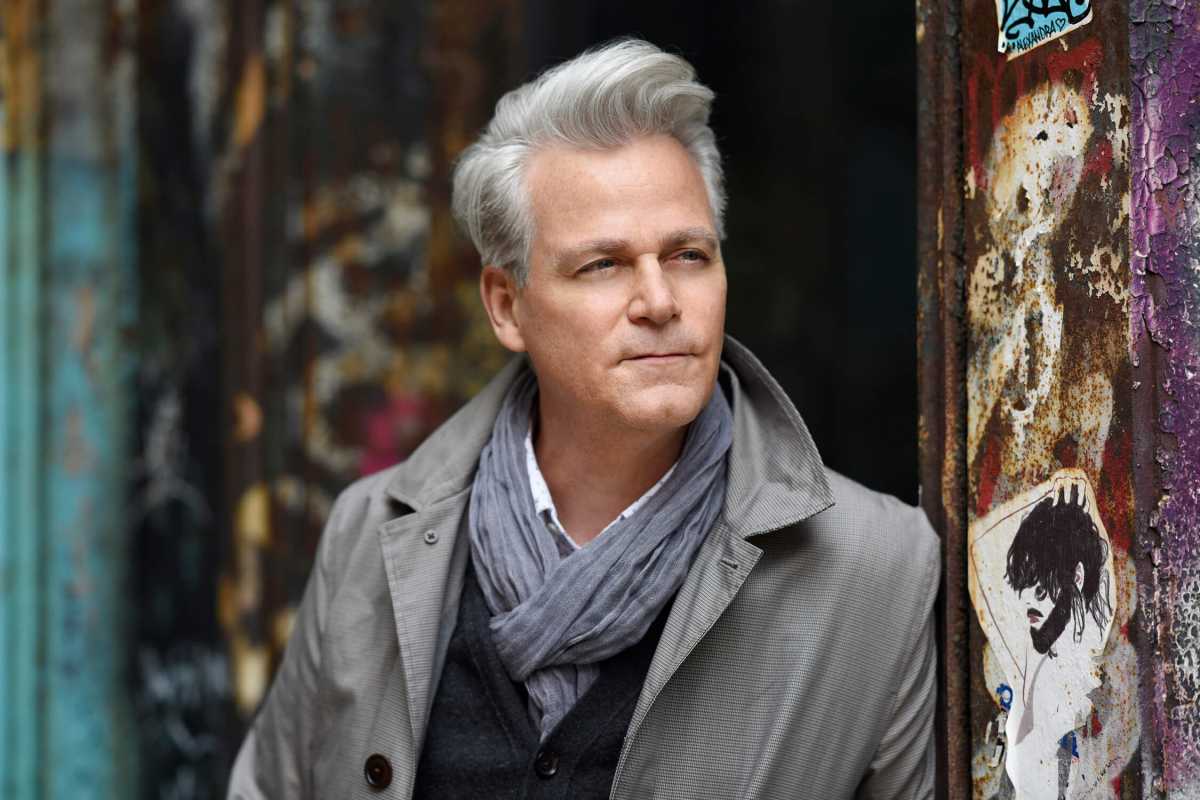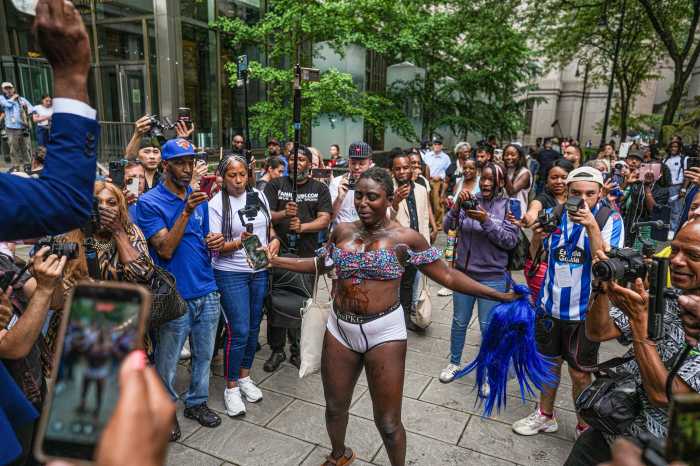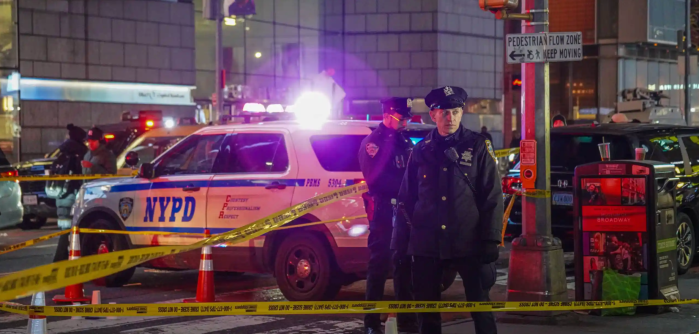“Fashion is put together by designers and sold to the public,” explains Robbie Quinn, “but style is how you wear it – it’s an expression of who you are inside.”
Quinn examines all kinds of self expression in his new book “Street Unicorns,” a delightful compilation of the many unique fashionistas that he has found in NYC and abroad. Subtitled “Bold Expressionists of Style,” the book combines beautifully done photos with quotes from the subjects, whom he encountered randomly but frequently called back for additional shoots.
Quinn, a man of singular style himself, wasn’t always a photographer. Years ago he was playing keyboards in a band — The Score — that he thought was going to last for a lot longer than it did.
But, in a story that is not exactly original, they garnered label interest only to break up before they could sign a deal. Having been the businessman in the group, Quinn had enough experience to get himself a gig in the music biz which led to his becoming a concert producer himself in Florida, then as a manager in Nashville.
“I was really bad at managing artists,” he admits, but the photos that he took of his acts got him work as a photographer.
He shot everything – bands, weddings, families, product still life – but gravitated towards portraits and finally ended up in NYC, where he was when he got a call at 4 a.m. to go to Las Vegas to shoot promo shots for Jon Bon Jovi.
Corporate shoots are paying the bills these days, but the street pics are what he’s focused on.
“I always shoot like I’m photographing an album or a magazine cover,” he says. “The people I photograph are like rock stars of the street.”
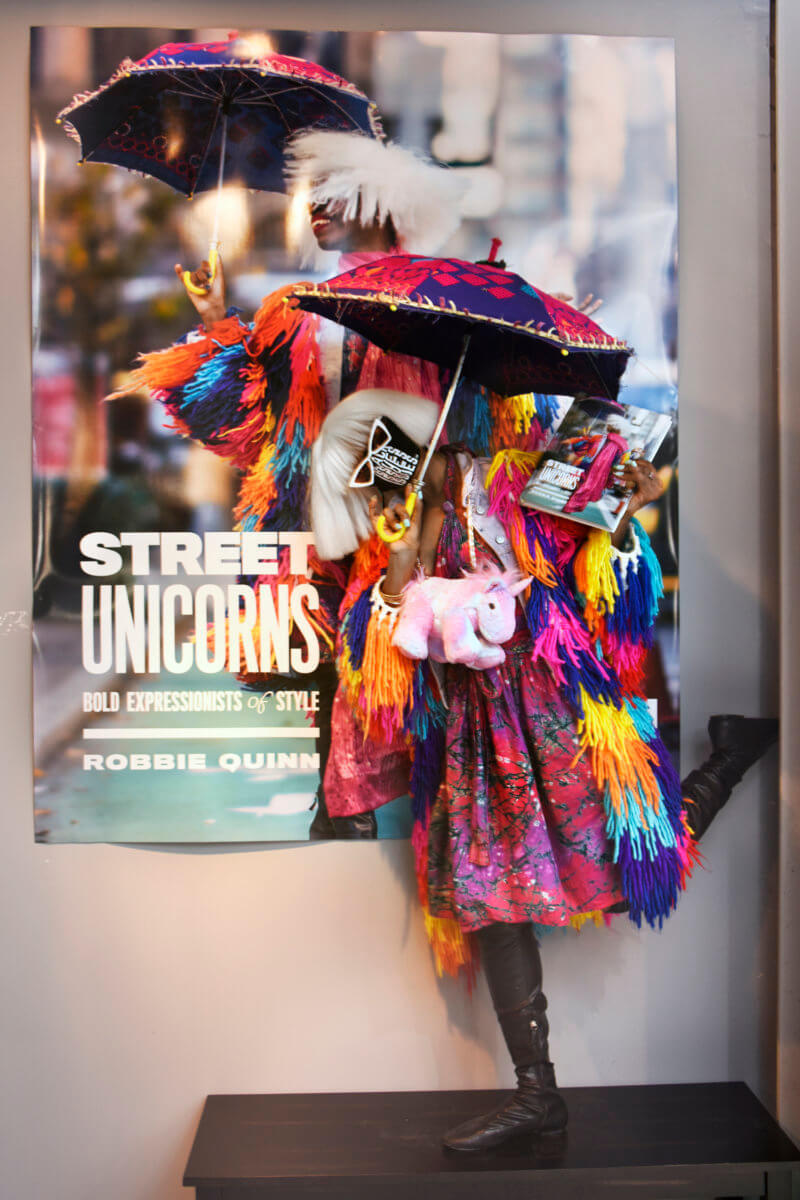
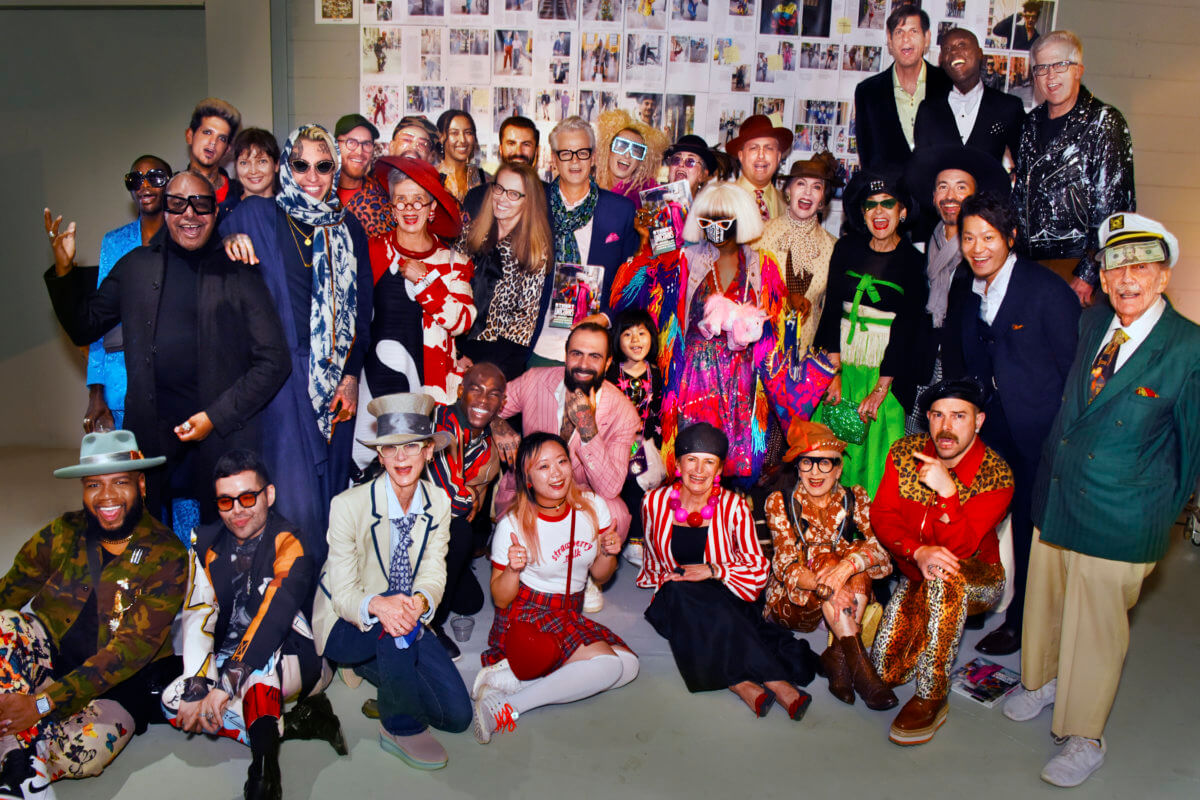
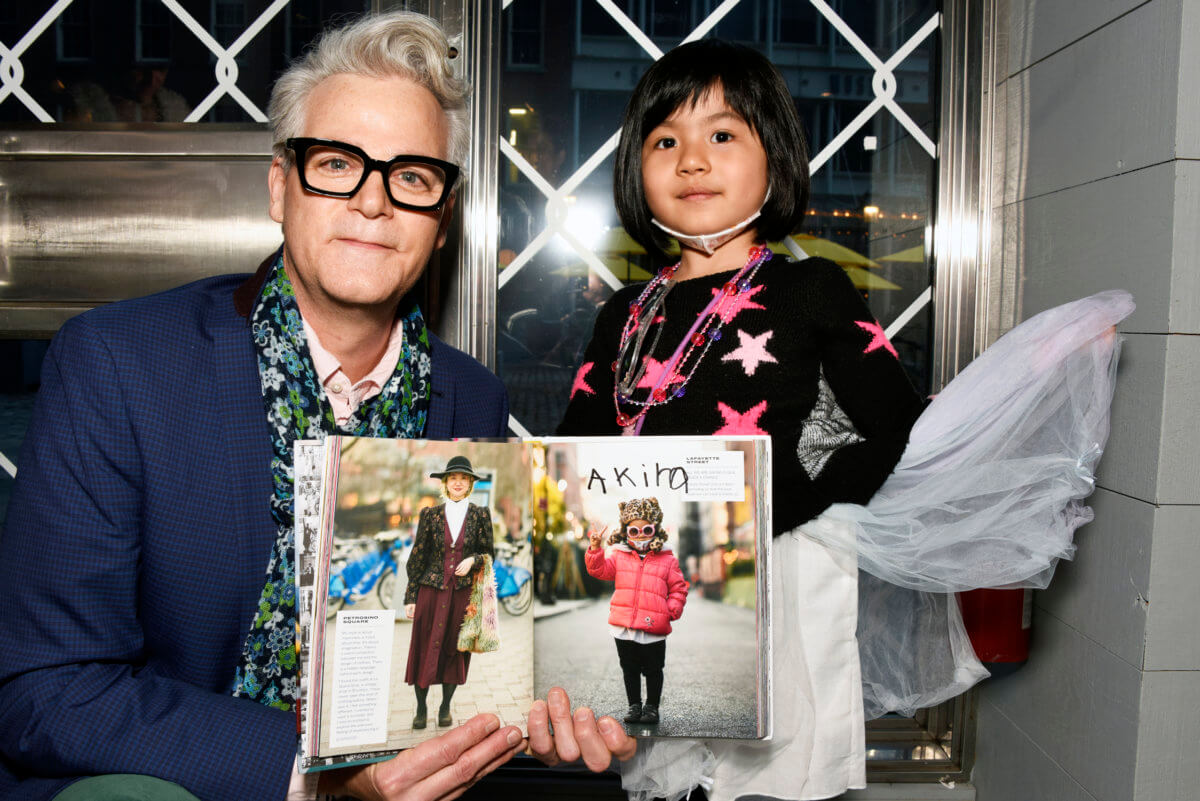
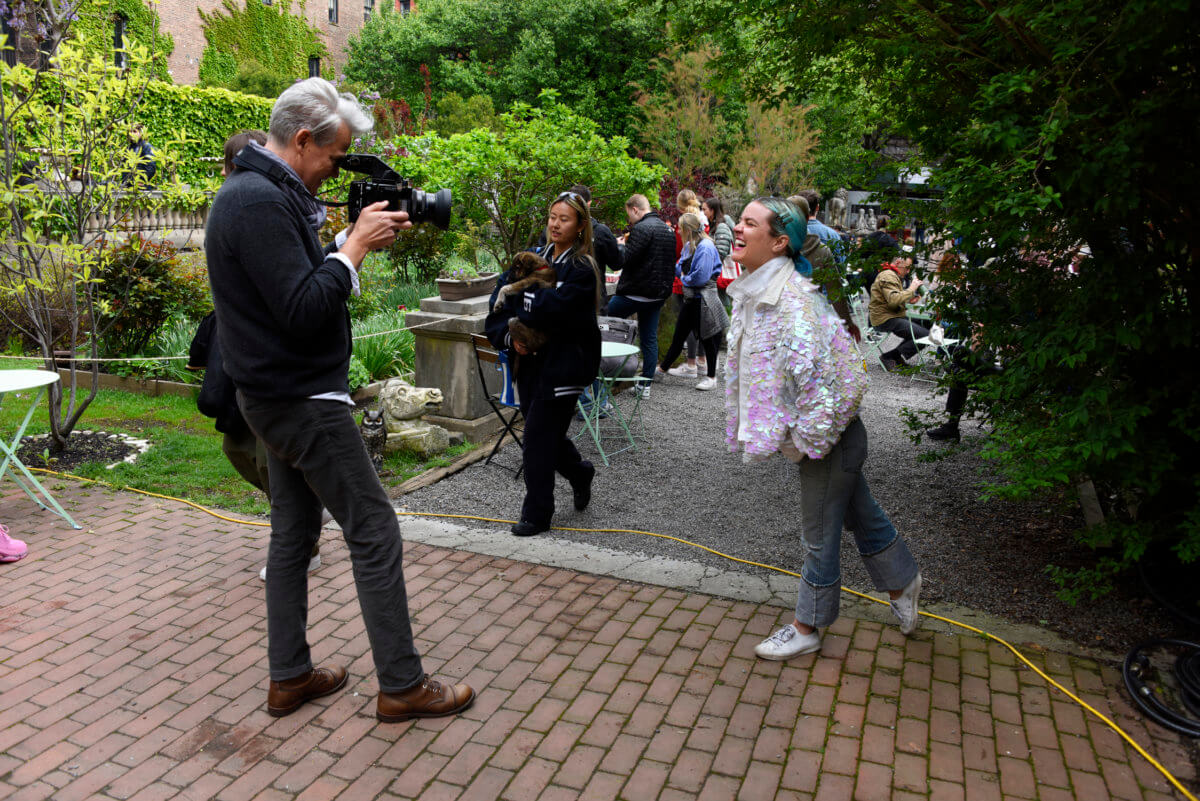
Some of the images are seven years old, but most are from 2016 and on — and many were taken during the last two years. The COVID-19 pandemic changed his style a bit, as he switched from a wide angle to a portrait lens so that he didn’t have to stand so close to the subject.
He was not lacking for subject matter in that time, as he muses that “people were feeling like they had to bust loose and be seen during the pandemic.”
Quinn’s subjects are from all over town, but he notes that there are some stylistic differences between uptown and below 14th Street.
“The Upper East Side tends to be more dapper, while the East Village has more tattoos, with the style that goes with it,” he notes. “People are definitely more adventurous downtown. I tend to map out my route based on what restaurants I want to go to and many of my favorites are downtown.”
The book project began a few years ago with the help of Carol Dietz, who was an art director at The New York Times when Quinn first photographed her on the street. Besides having a wonderful personal style, Dietz knew how to whip a project into shape.
“Carol was a pivotal part of the creation of the book. She believed in what I was doing,” says Quinn.
Dietz has a history with fashion and photography, having worked with the legendary Bill Cunningham for years.
“Since the age of 15, I have been sewing and designing my own clothes,” she relates. “Years later, at The New York Times, I designed fashion layouts with Bill Cunningham. When Robbie asked me to help him with ‘Street Unicorns,’ I was ready for the challenge. I am honored to have contributed to the design and also to appear in the book.”
An early version of the book existed in Dietz’s apartment, taped to her wall.
The legacy of Cunningham is an obvious comparison, but Quinn will have none of it.
“Cunningham is incomparable,” he states. ” There was only one and there only ever will be. That’s holy ground — I wouldn’t want to be compared to him.”
Nevertheless, comparisons are inevitable and the result is not unfavorable.
Mark Bozek, who produced a documentary about Cunningham, hosted the book launch at his Live Rocket Studios at the South Street Seaport. The room was filled with Quinn’s “unicorns,” many of whom wore the same outfits that they had been photographed in for the book and were quick to praise the photographer.
The Twink Next Door gushed, “He has given me some of the best pics on my social media!”
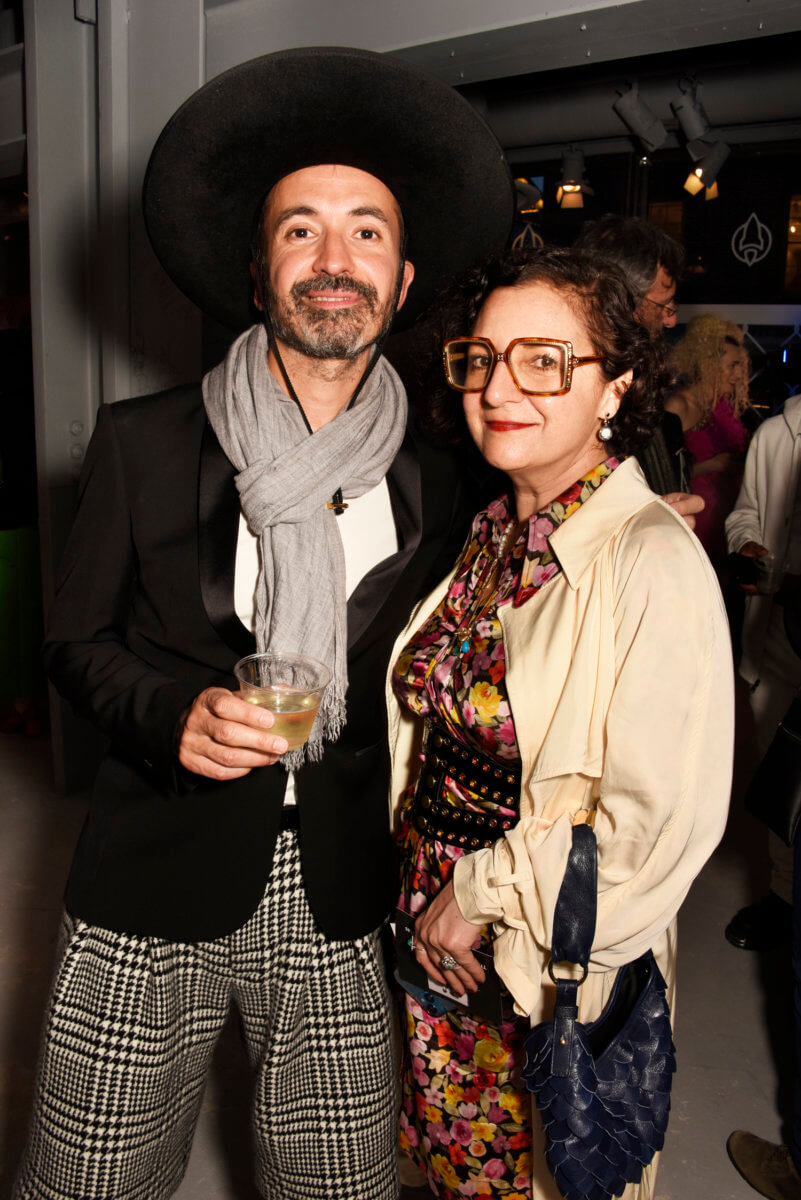
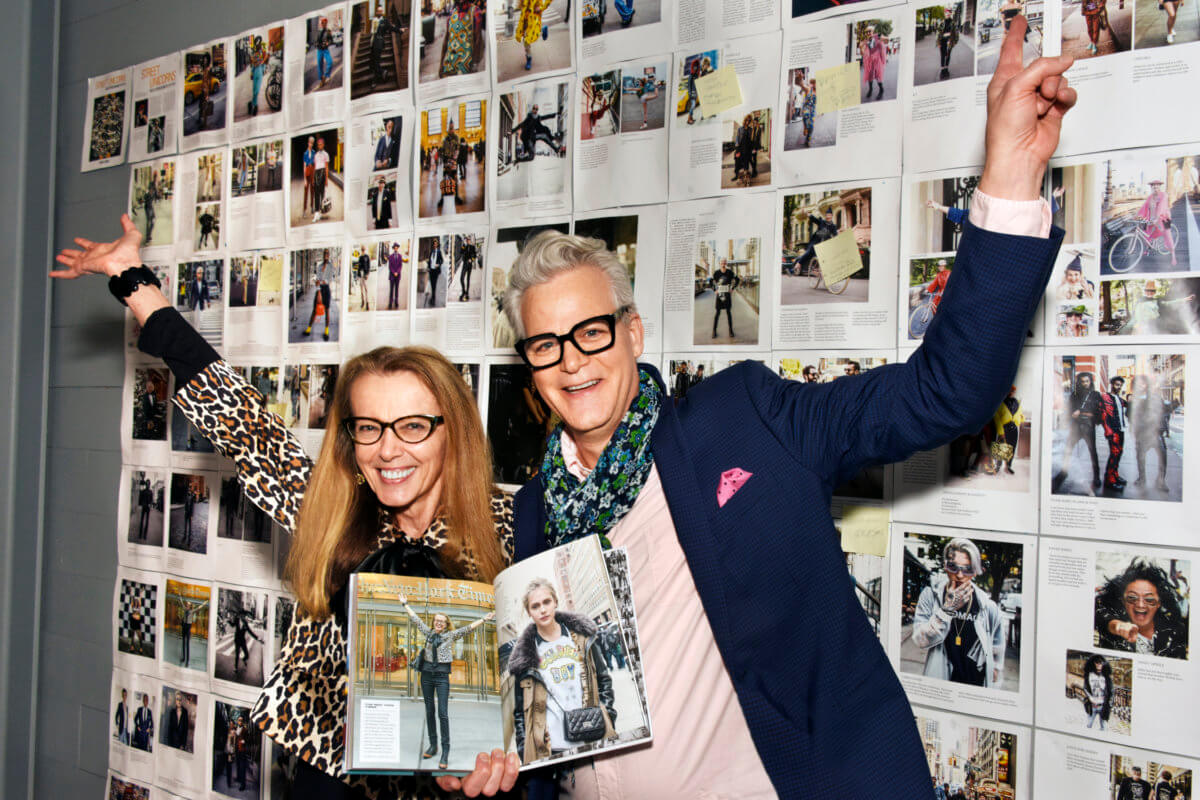
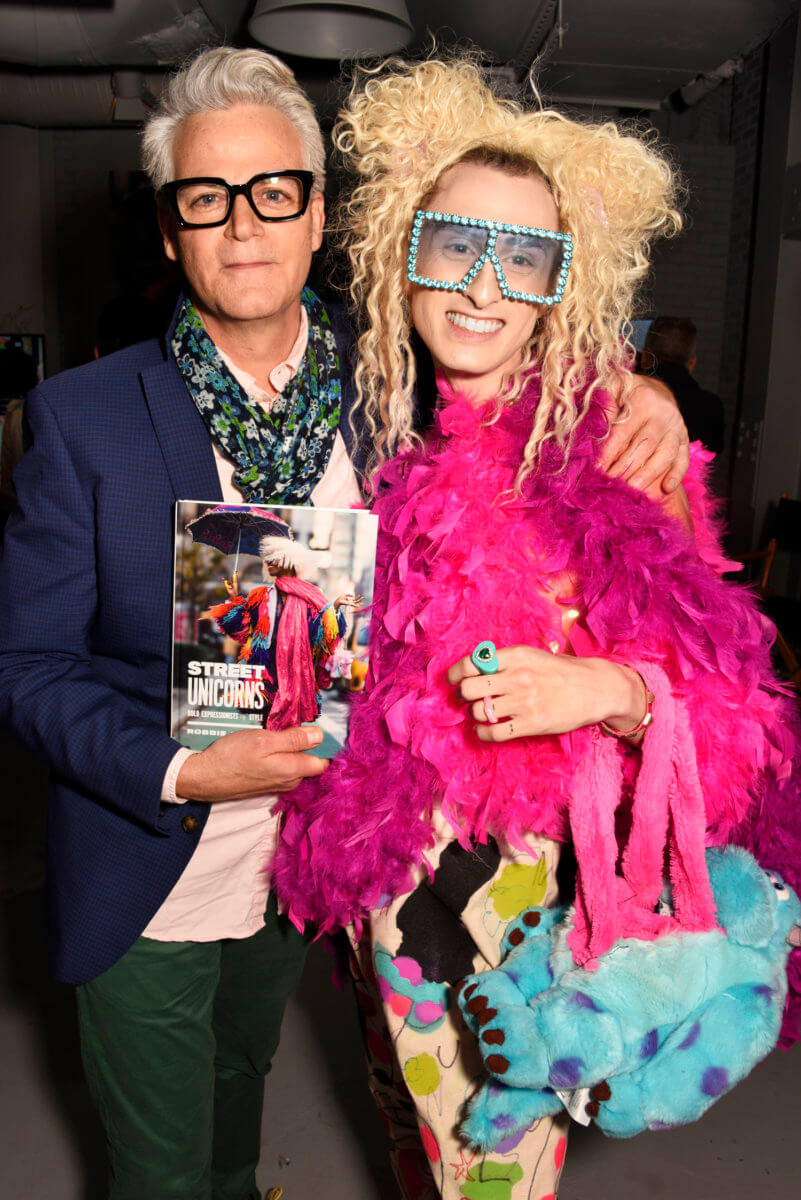
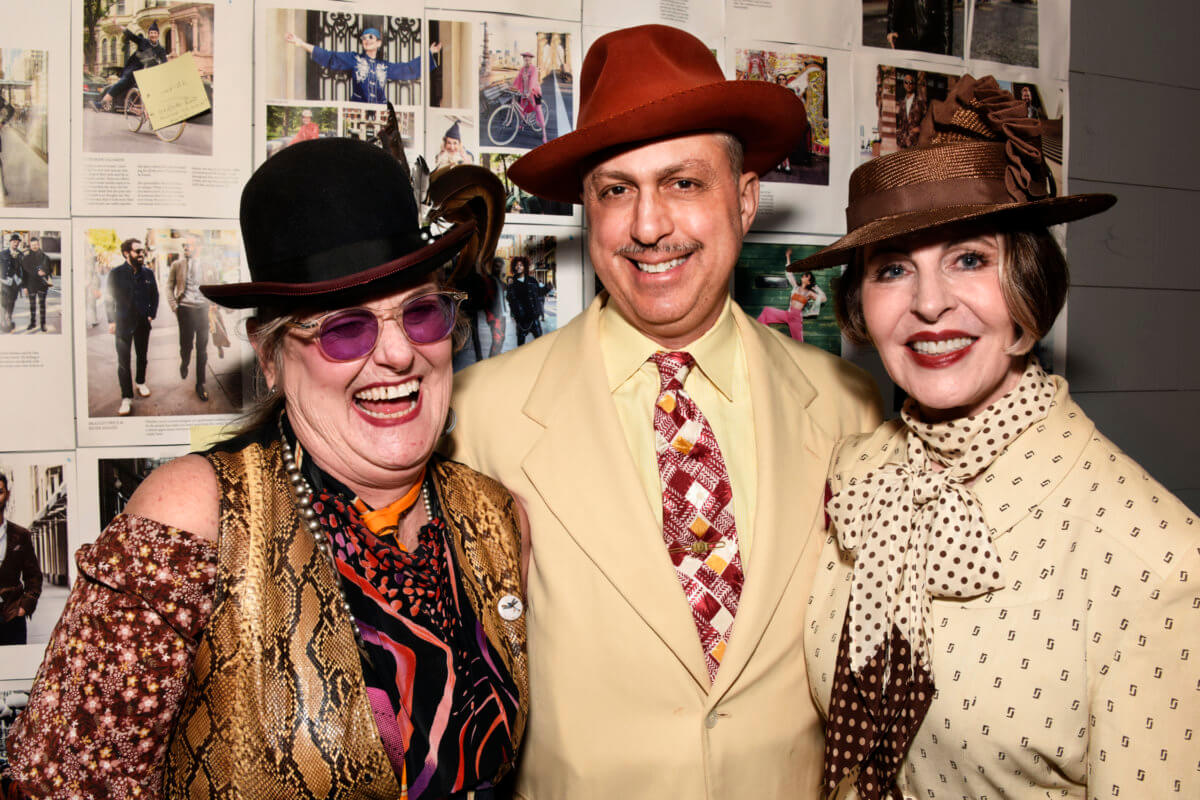
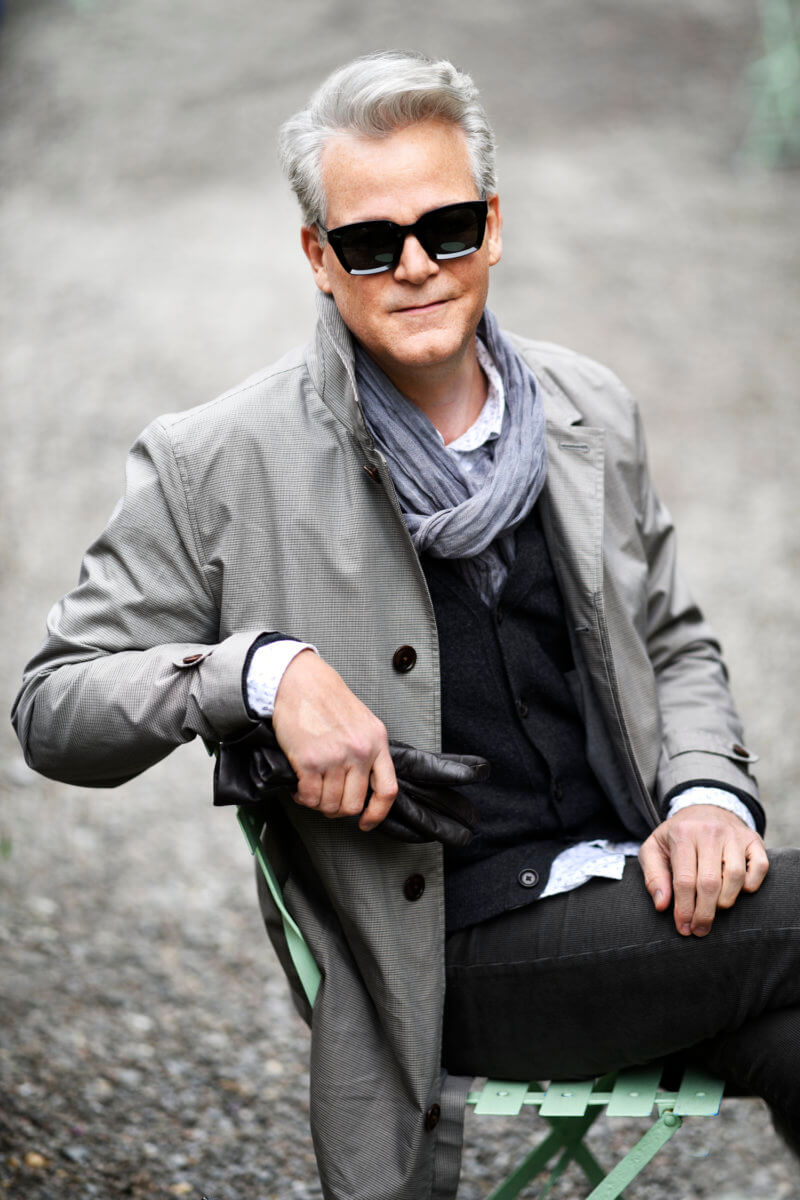
“I get photographed a lot in the street, but Robbie has a really good eye – he knows what he’s doing!” added Veronica, one half of the Idiosyncratic Fashionistas.
ReBLACKaFORTheBLACKs recalls how happy she was when when Quinn let her know that she would be on the cover. “He said that my photo encapsulated the spirit of the book.”
Four year old Akira told us that she’s “excited to be in the book,” and then admitted that her parents pick out her clothes.
Rodolphe Lachat, the book’s publisher, noted that “it’s very easy to do a beautiful book when the artist has so many beautiful images.”
For Quinn, the launch was “spectacular!”
“It may have been the most rewarding part of the project,” he said, “watching people with vastly different styles come together, find common ground and leave with new friends.”
While he recognizes that this kind of personal freedom is not possible everywhere, he hopes that “people will not be afraid to be their most authentic selves, even at the risk of being criticized, because anything else is a lie.”
Check out Robbie Quinn at robbiequinnphotography.com and on Instagram at @robbiequinnnyc.



